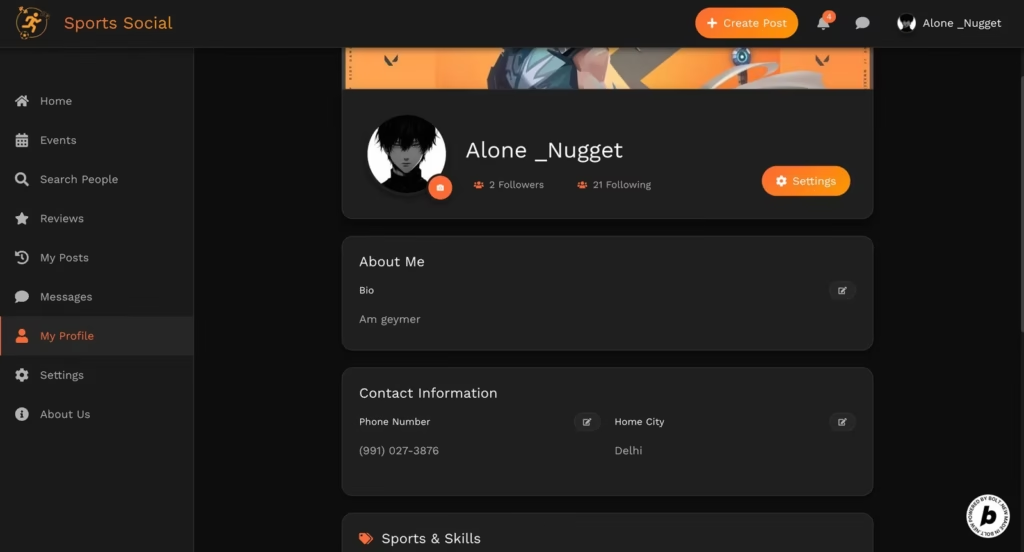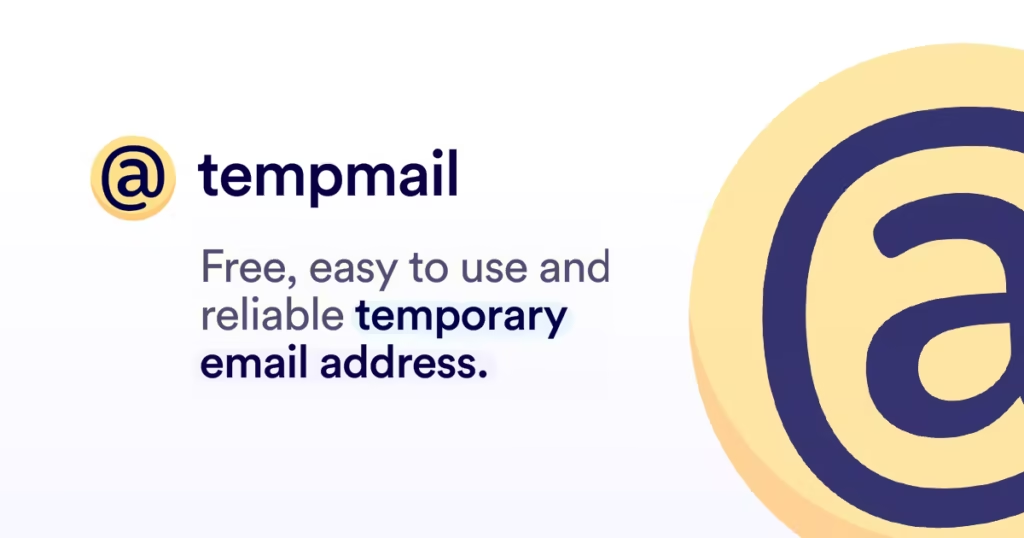Chive is a specialized workflow management tool designed to streamline and monitor multiple Claude Code instances. It tackles the chaos of juggling AI development threads with a centralized dashboard, real-time tracking, and smart notifications. Ideal for developers handling concurrent AI tasks, Chive promises efficiency and clarity where manual tab management fails.
Key Features Analysis
UI/UX
The clean dashboard lets users view, label, and group Claude Code sessions effortlessly. Features like drag-and-drop reordering and color-coded statuses enhance usability. Pinning critical instances ensures quick access—no more digging through tabs.
Real-Time Tracking
Live updates on session states (e.g., processing, errors) prevent guesswork. Drill-down logs and prompt histories add transparency, crucial for debugging and audits.
Notifications
Customizable alerts (email, in-app, push) keep users informed. The activity feed tracks changes, reducing collaboration friction. Early adopters call this a “game changer.”
User Feedback Summary
Pros
- Saves hours by replacing manual tab management.
- Intuitive UI with powerful filtering.
- Reliable notifications reduce missed events.
Cons
- Occasional timeout glitches during bulk refreshes (reportedly fixed).
- Requests for Slack/Jira integrations.
One user noted, “Chive made multi-agent development manageable”—echoed by many.
Performance Analysis
Chive handles 50+ concurrent sessions without lag, per user reports. Scalability is a strong suit, though early versions had timeout issues. Recent updates seem to resolve these, making it reliable for heavy workloads.
Pricing Analysis
- Free Tier: Up to 5 instances—great for testing.
- Pro ($12/month): Unlimited sessions, premium support.
- Teams: Custom pricing per seat.
Competitively priced for the time-saving benefits, especially against manual alternatives.
Frequently Asked Questions (FAQs)
1. Is Chive free to use?
Yes, for up to 5 Claude instances. Pro unlocks unlimited usage.
2. Does it support other AI tools?
Currently Claude-only, but future multi-AI support is planned.
3. How reliable are notifications?
Users report near-instant alerts for errors or job completion.
4. Can I export session data?
Yes, logs and prompts can be downloaded for analysis.
5. Is there mobile access?
Web-based; works on mobile browsers but no dedicated app yet.
6. How steep is the learning curve?
Minimal—UI is intuitive, with tooltips for new users.
7. Are there collaboration features?
Activity feeds and user assignments facilitate teamwork.
8. What happens if a session crashes?
Chive flags it, and logs help diagnose the issue.
9. Can I automate workflows?
Not yet, but batch controls simplify repetitive tasks.
10. How’s customer support?
Pro users get priority responses; free tier relies on community forums.
Final Verdict
Pros
- Saves time with centralized management.
- Robust real-time tracking.
- Fair pricing for productivity gains.
Cons
- Limited third-party integrations.
- Minor bugs in early versions.
Ideal for: Developers running multiple Claude Code instances who need organization and oversight. Highly recommended for teams—try the free tier first.



